04 Oct 2018 - {{hitsCtrl.values.hits}}
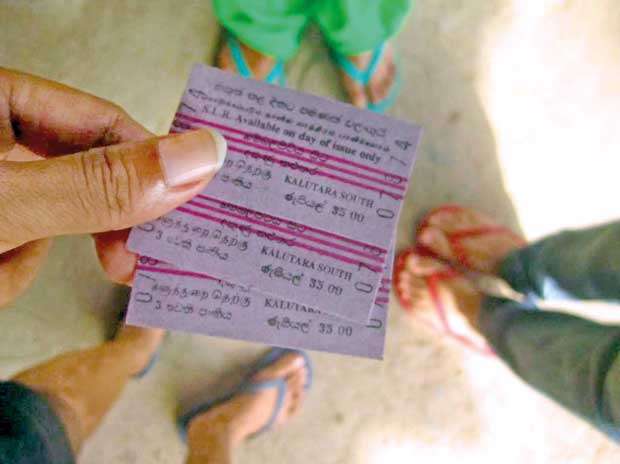

Public transportation at present in Sri Lanka has developed to a certain extent that most people tend to use them. Modes of public transport in Sri Lanka comprise buses, cars, trains, tuk tuks or three wheeled taxis and helicopters. Among the mentioned modes, the train is the most commonly used travelling mode in terms of its convenience and low charges.
Sri Lanka Railways (SLR) is a Government department functioning under the Ministry of Transport and is a major transport service provider. It is the only rail transport organisation in the country. SLR transports both passenger and freight. At its inception, these trains were carrying more freight than passengers. But at present these trains are passenger oriented.
Additional General Manager (Operations) Wijaya Samarasinghe told Daily Mirror that SLR operates approximately 396 trains which includes 67 Long-Distance and 16 intercity trains. These trains carry about 2 million passengers daily.
“SLR owns and maintains 1561km of rail tracks, 72 locomotives, power sets 78, 565 carriages and the signaling network. At present, it has a workforce of 17, 634,” Samarasinghe said.
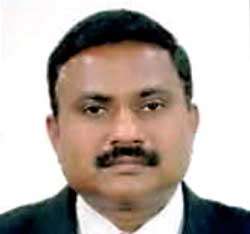 The Budget Proposal for 2018 put forward that the train fares be revised. Accordingly, the new train revision came into effect from October 01 (Monday). However, the train fare revision somewhat puzzled commuters and was debatable. The majority of the commuters are of the opinion that it has not been done sensibly.
The Budget Proposal for 2018 put forward that the train fares be revised. Accordingly, the new train revision came into effect from October 01 (Monday). However, the train fare revision somewhat puzzled commuters and was debatable. The majority of the commuters are of the opinion that it has not been done sensibly.
In order to elucidate the misunderstanding that prevails among commuters, Railways Deputy Commercial Superintendent N.J. Indipola said when contacted that the train fare revision of 15 per cent increase did not reflect on the current fare, but the price was based on the train fare per kilometre.
According to the Gazette notification No.7514 issued in this regard, third, second and the first classes fares are rounded to the nearest five, ten and twenty respectively.
He said that under the new revision, the minimum fare of Rs. 10 for the third class, Rs. 20 for the Second Class and Rs. 40 First Class, wouldn’t change. However, the maximum distance that could be travelled by paying the minimum fare would be reduced from 9 kilometres to 7 kilometres.
“The previous fare charged per kilometre was Rs.4.20 for the first class, Rs.2.30 for second class and Rs.1.30 for a third class. The 15 per cent increase has been calculated based on this fare for the three classes. If the fare, when calculated, for example is between Rs.10.50 and Rs.14.50 it will be rounded up to Rs.15,” Indipola explained.
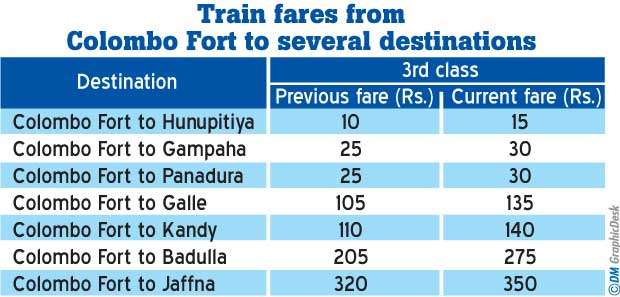
He said that the fares had been rounded up to avoid giving back small change. When asked if it was unfair for the commuters, he said the same procedure was adopted even when the prices were last reviewed in 2008. “If the fare includes a figure with cents, it creates issues for both commuters and railway officials,” he added. When asked about the issuing of the train tickets at the previous prices, Indipola said that they would do so until the old stocks finished.
Indipola said that the cost of the season tickets has been calculated based on the ordinary fare multiplied by 24. “In the case of concessionary tickets of Government servants and schools students, the cost of the season tickets has been calculated based on the ordinary fare multiplied by nine and six respectively,” Indipola added.
Assuming that an ordinary train fare is Rs.20, the season ticket for the same fare will be calculated as 20x24= Rs. 480.
Accordingly, the season tickets of Rs.420, Rs.600, Rs. 1320 and Rs.3360 will be revised as Rs.720, Rs.960, Rs. 1800 and Rs. 4320 respectively. Meanwhile, he said that the minimum fare of Rs.10 remains unchanged and added the maximum prices for the First, Second and Third classes are calculated as Rs. 1480, Rs. 860 and Rs. 475 respectively. (Jaffna to Matara train is the longest distance passenger travelling train)
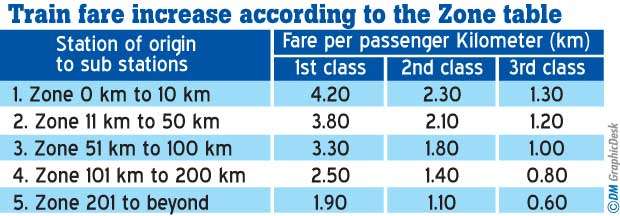
-Chandrajothi Thera
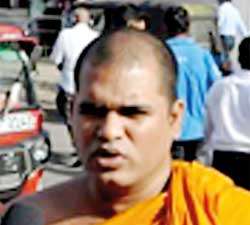 Movement of Workers and Passengers for Protecting the Railway Service charged that the Government’s move to revise the train fares was a fraud. Addressing a news briefing held yesterday, the Movement’s convener Ven. Adurathwila Chandrajothi Thera said it was unfair to increase the train charges without considering its inefficiencies.
Movement of Workers and Passengers for Protecting the Railway Service charged that the Government’s move to revise the train fares was a fraud. Addressing a news briefing held yesterday, the Movement’s convener Ven. Adurathwila Chandrajothi Thera said it was unfair to increase the train charges without considering its inefficiencies.
“It is because of the undue intervention of the Government that the Sri Lanka Railways has become an inefficient entity. Consequently, it has become a loss making department, “At present the SLR is running thanks to the income generated from ticket fares. The rest of the income earning facilities which the SLR previously enjoyed, have been taken under the purview of the Government,” Ven. Chandrajothi Thera said.
“If the Government really wants to make the SLR a profit making entity, what should be done, is to provide diesel without taxes. At present, the SLR has to bear millions spent on diesel,” Ven. Chandrajothi Thero added. Nevertheless the monk said that the recent Budgets had curtailed 50 percent of the funds allocated to the SLR during past two years.
-Dr. Gunaruwan
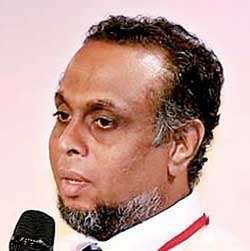 Former General Manager of Railways and Senior Lecturer at the University of Colombo, Dr. Lalithasiri Gunaruwan told Daily Mirror that the SLR had no authority to determine train charges.
Former General Manager of Railways and Senior Lecturer at the University of Colombo, Dr. Lalithasiri Gunaruwan told Daily Mirror that the SLR had no authority to determine train charges.
He said it is the Treasury that determined the charges of train tickets. “The General Manager of Railways (GMR) of SLR does not possess the powers over the appointments, promotions, determination of train charges, salaries, taking actions over disciplinary basis etc. The only authority he has is to place his signature to letters,” Dr. Gunaruwan added.
“The powers of the General Manager of Railways (GMR) have been curbed and decentralized to branches like Management Services Department, Public Service Commission, Establishment Department and Ministry of Civil Service Affairs, National Salaries and Cadre Commission and Treasury Operations Department etc.,” Dr. Gunaruwan.
“This situation is not good for the well-being of the Sir Lanka Railways. Hence, the Government should make sure that adequate authorities are provided to the SLR in order to render an effective service to the Railway service,” Dr. Gunaruwan said.
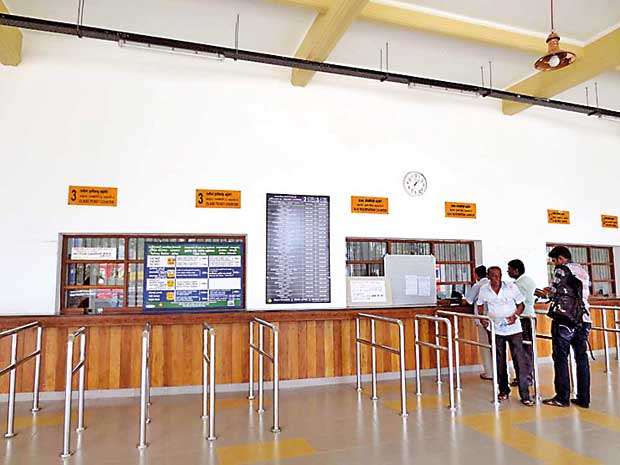
Train commuters complained that their train fares had been increased by more than 15 per cent despite the media reports stating that the fare would be increased by 15 per cent. Daily Mirror When spoke with some daily commuters, Niel Fernando said he was surprised at the way in which the train fare had been revised.
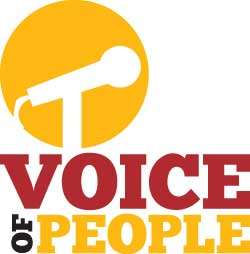
Malkanthi Wathsala Tennakoon said she was not opposed to the decision to increase the train fare, but the Railways Department should announce the correct formula used to reverse train fares. “It is a known thing that SLR is experiencing a higher expenditure as against revenue. Hence, I don’t see any wrong in this,” Tennakoon said.
At the same time, Joseph Appuhami who is a government servant said it was good to increase the fare, but the Government should make sure the facilities of the compartments are upgraded. “We still use the trains and enjoy facilities that were adapted during the time of British. At present, the authorities have spent billions of rupees on building highways, expressways and new link roads. But has it initiated effective projects to upgrade the railway entity” questioned Appuhami.
24 Dec 2024 17 minute ago
24 Dec 2024 20 minute ago
24 Dec 2024 34 minute ago
23 Dec 2024 23 Dec 2024